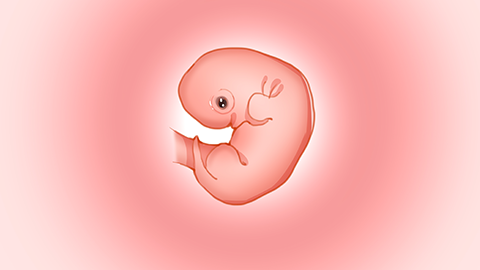What should I pay attention to when eating pomegranate after test tube transfer?
Generally, test-tube transfer refers to in vitro fertilization (IVF)-embryo transfer. After IVF-embryo transfer, precautions regarding pomegranate consumption include allergic reactions, contraindications for individuals with gastrointestinal discomfort, control of consumption quantity, timing intervals with medications, and food pairing for nutritional balance. The details are as follows:

1. Allergic Reactions
Before consuming pomegranate, ensure you are not allergic to it. Some individuals may experience allergic reactions to components in pomegranate, such as skin itching or swelling. If allergic symptoms occur, stop consumption immediately and seek medical assistance.
2. Contraindication for Individuals with Gastrointestinal Discomfort
Pomegranates contain relatively high levels of fruit acids and tannins. For individuals with gastrointestinal discomfort, consumption may irritate the gastrointestinal tract, causing symptoms such as stomach pain and diarrhea. Therefore, individuals with poor gastrointestinal function should consume pomegranate cautiously.
3. Control of Consumption Quantity
After IVF-embryo transfer, pomegranate consumption should be moderated to avoid excessive intake. Overconsumption may burden the gastrointestinal system, cause internal heat (excess body heat according to traditional Chinese medicine), and lead to symptoms such as sore throat and nausea.
4. Timing Intervals with Medications
If undergoing medication treatment after IVF-embryo transfer, such as progesterone therapy, it is recommended to separate pomegranate consumption and medication intake by 1–2 hours to avoid potential interactions between pomegranate components and the medication, which may affect drug efficacy.
5. Food Pairing and Nutritional Balance
After IVF-embryo transfer, dietary focus should be on nutritional balance. Although pomegranates are rich in vitamins and minerals, they should not be solely relied upon to meet nutritional needs. Other foods, such as vegetables, fruits, and meats, should be consumed to ensure comprehensive and balanced nutrient intake.
Women are advised to avoid strenuous physical activity after IVF-embryo transfer, but may engage in light outdoor activities, regulate their emotions, and maintain a positive mental state.







